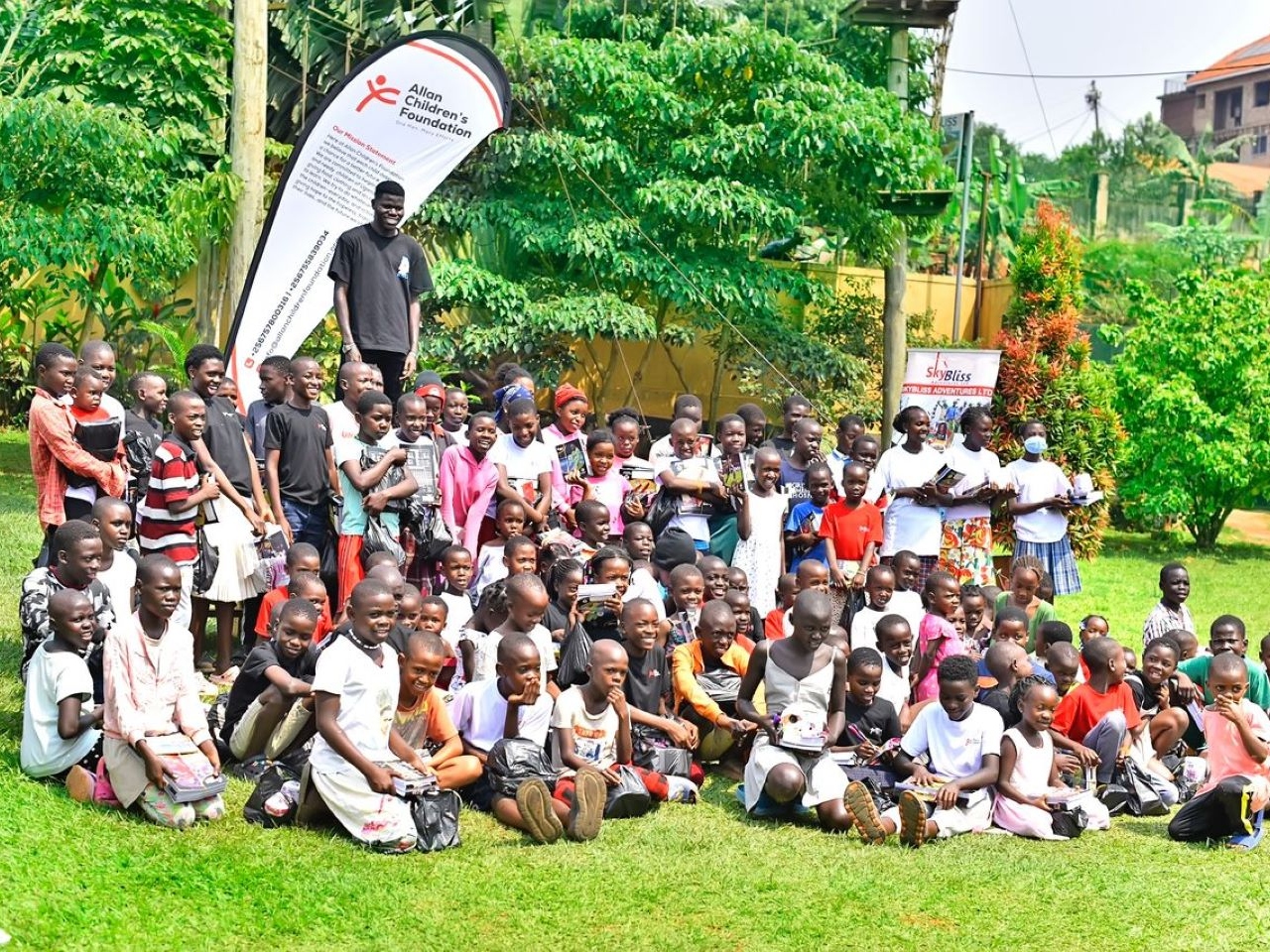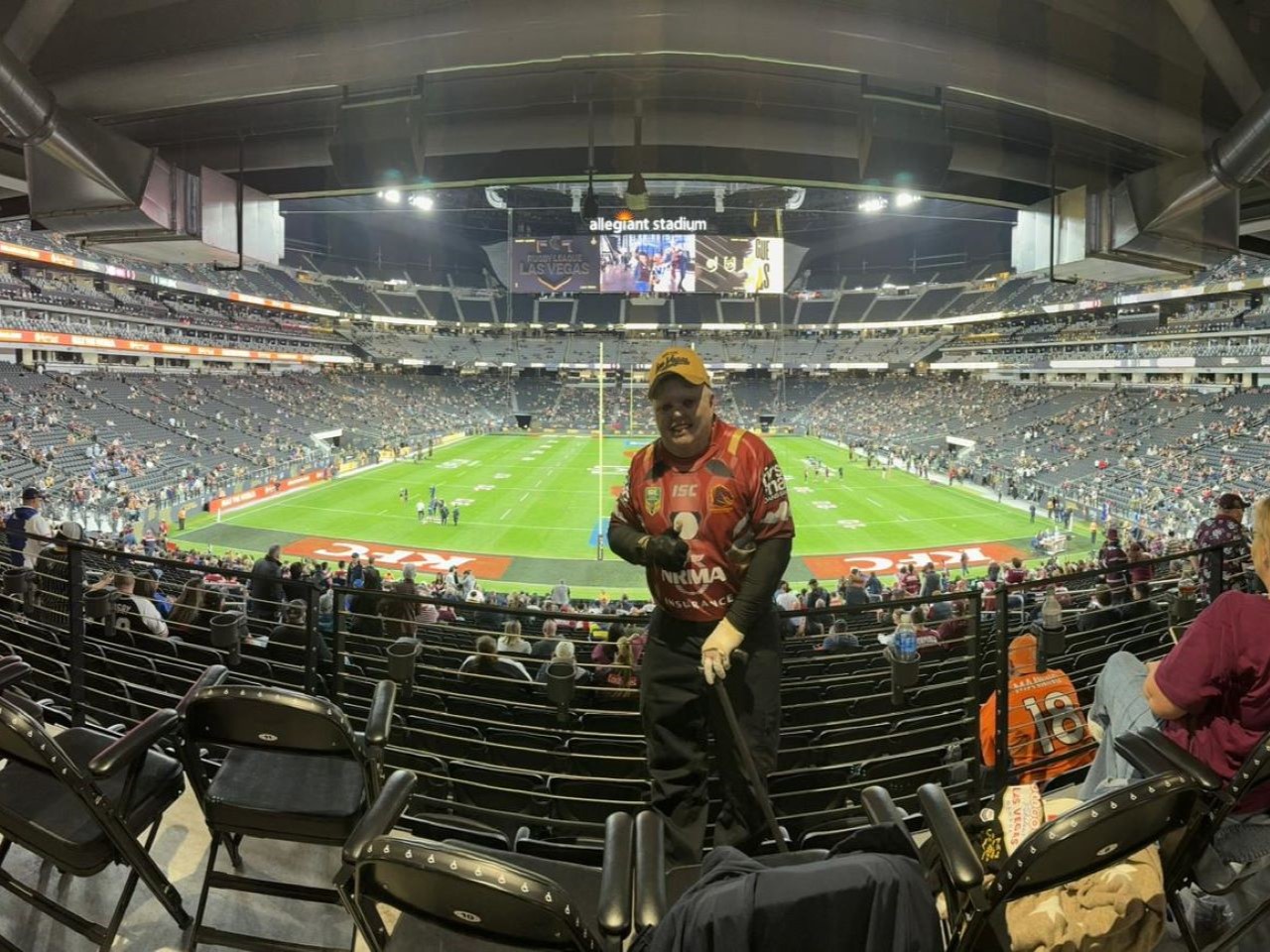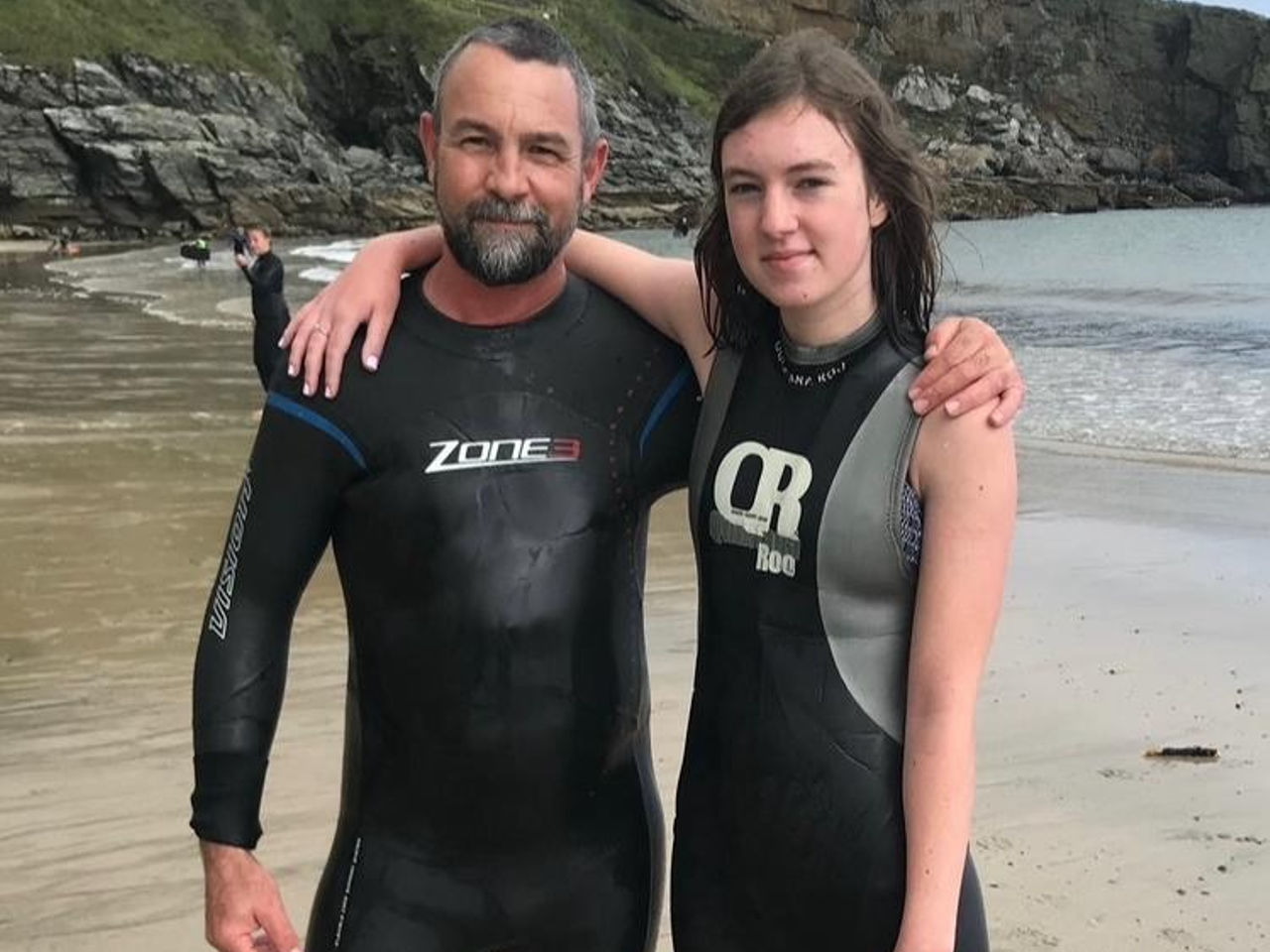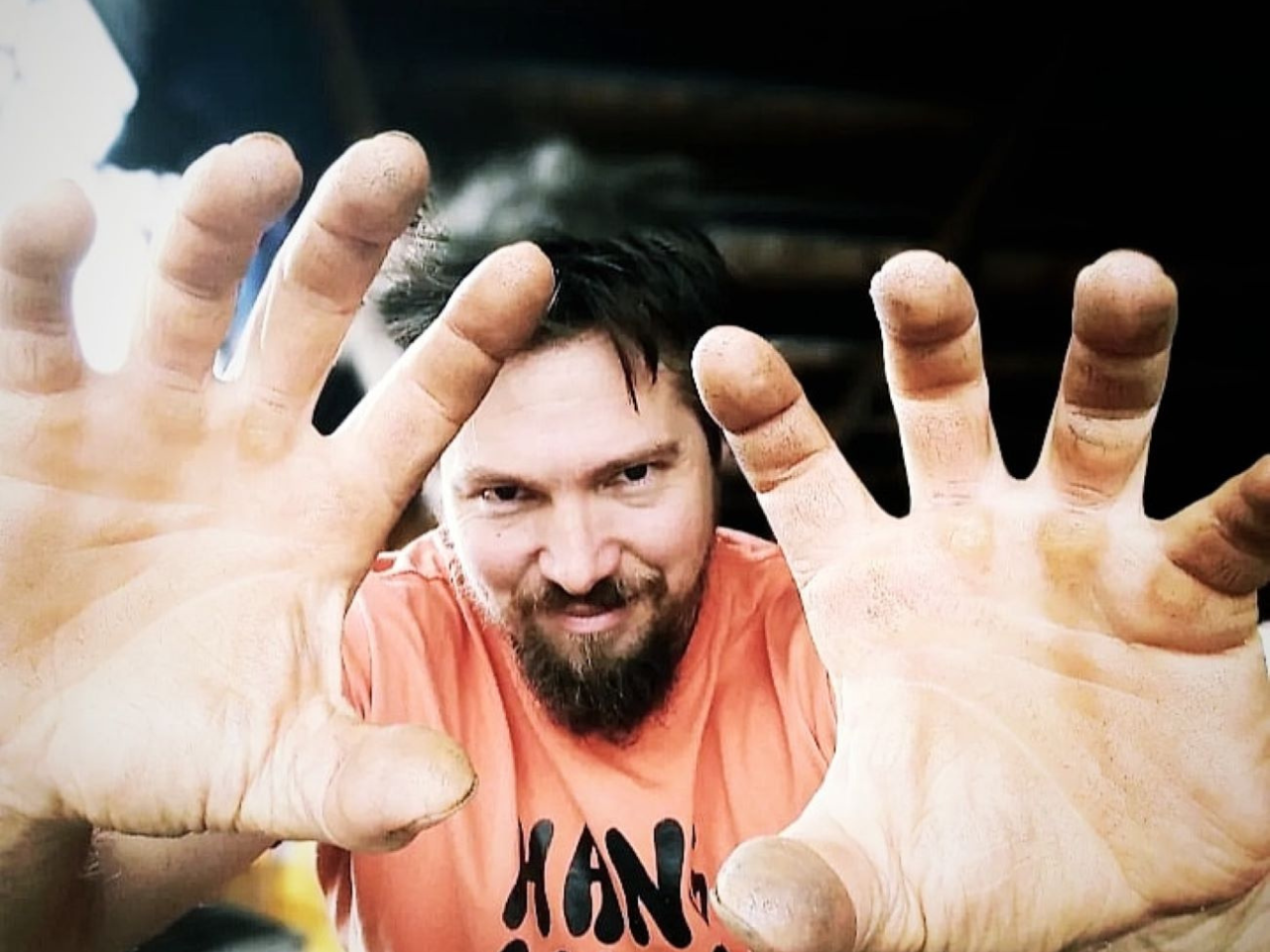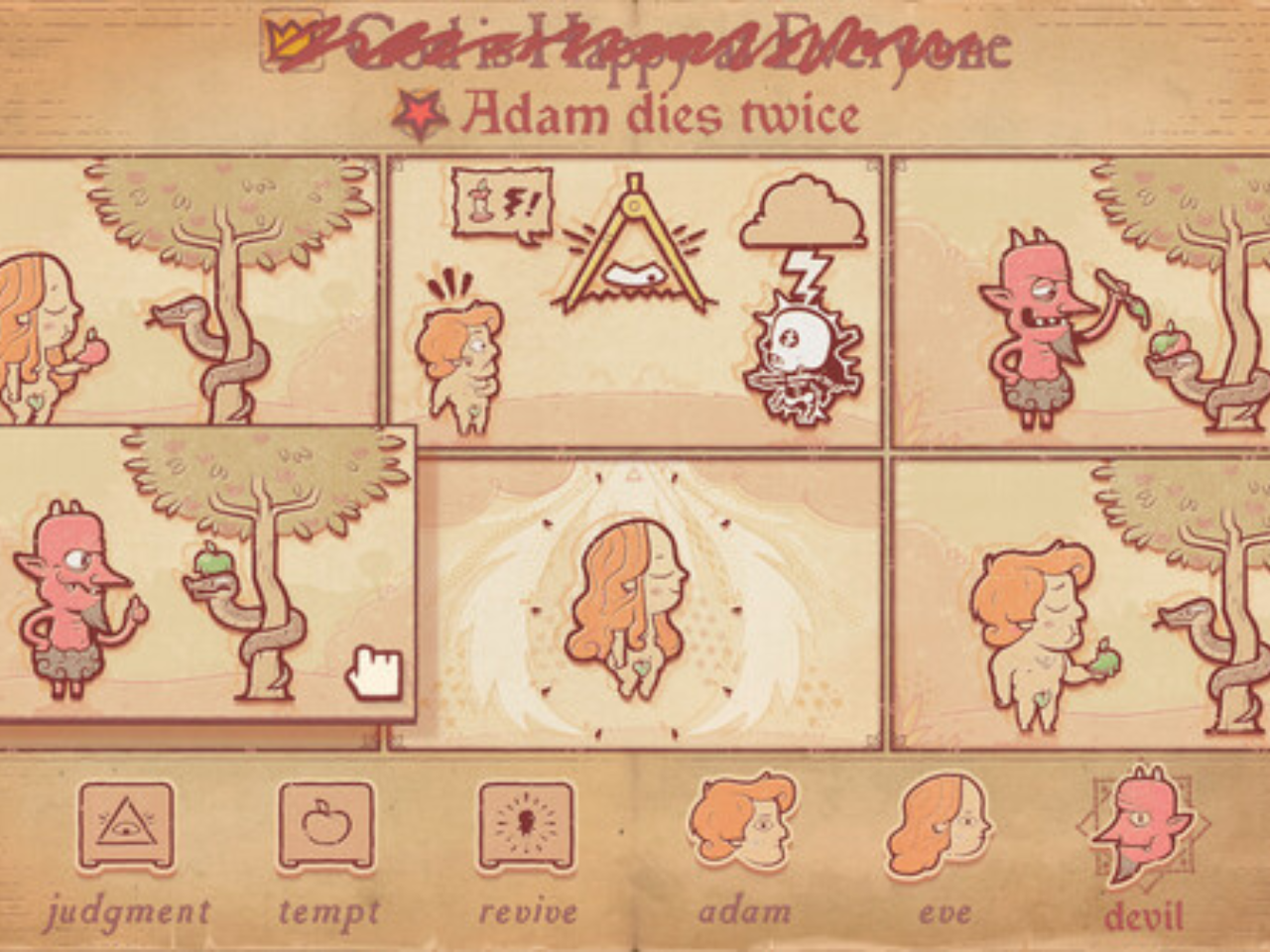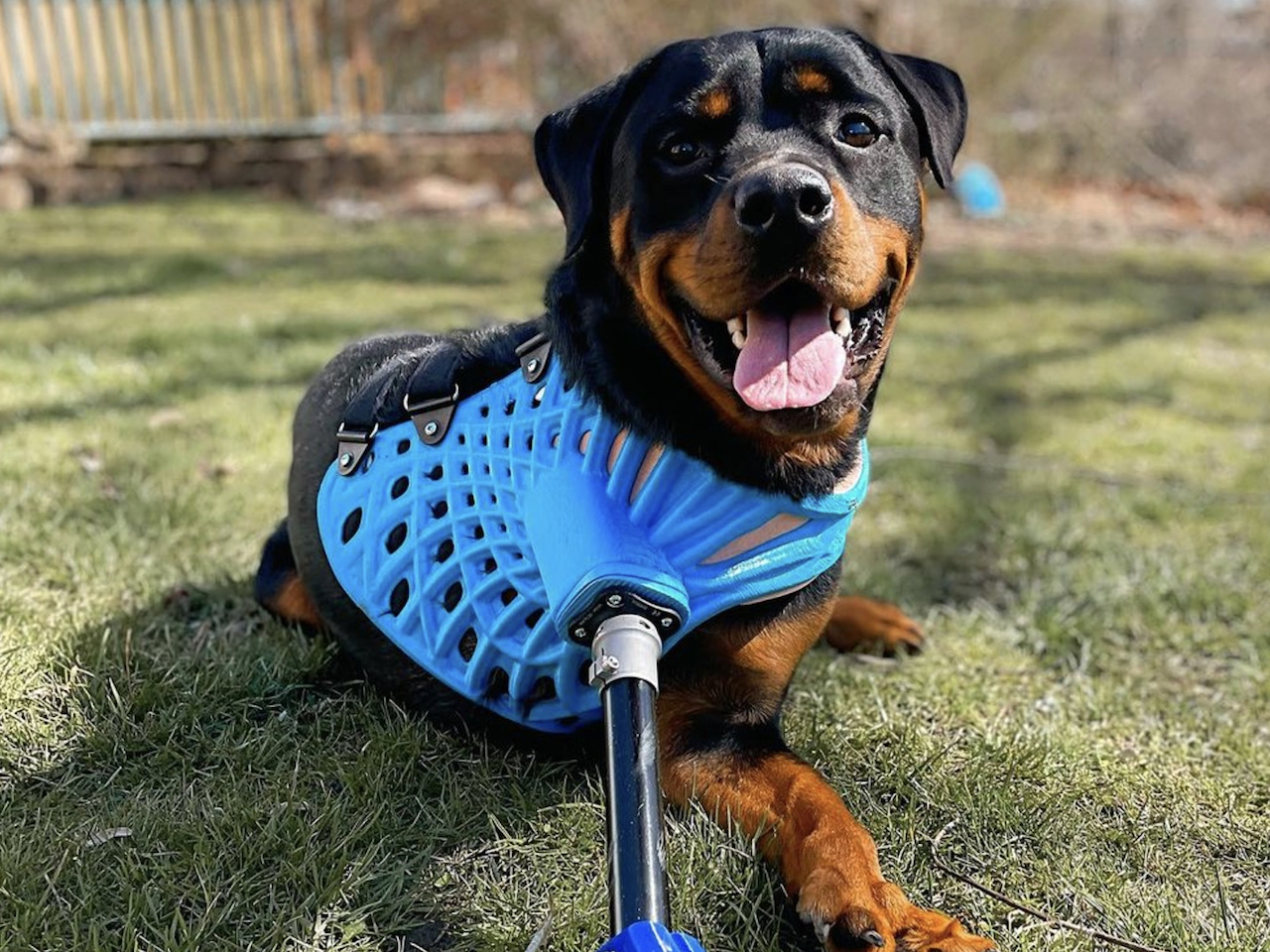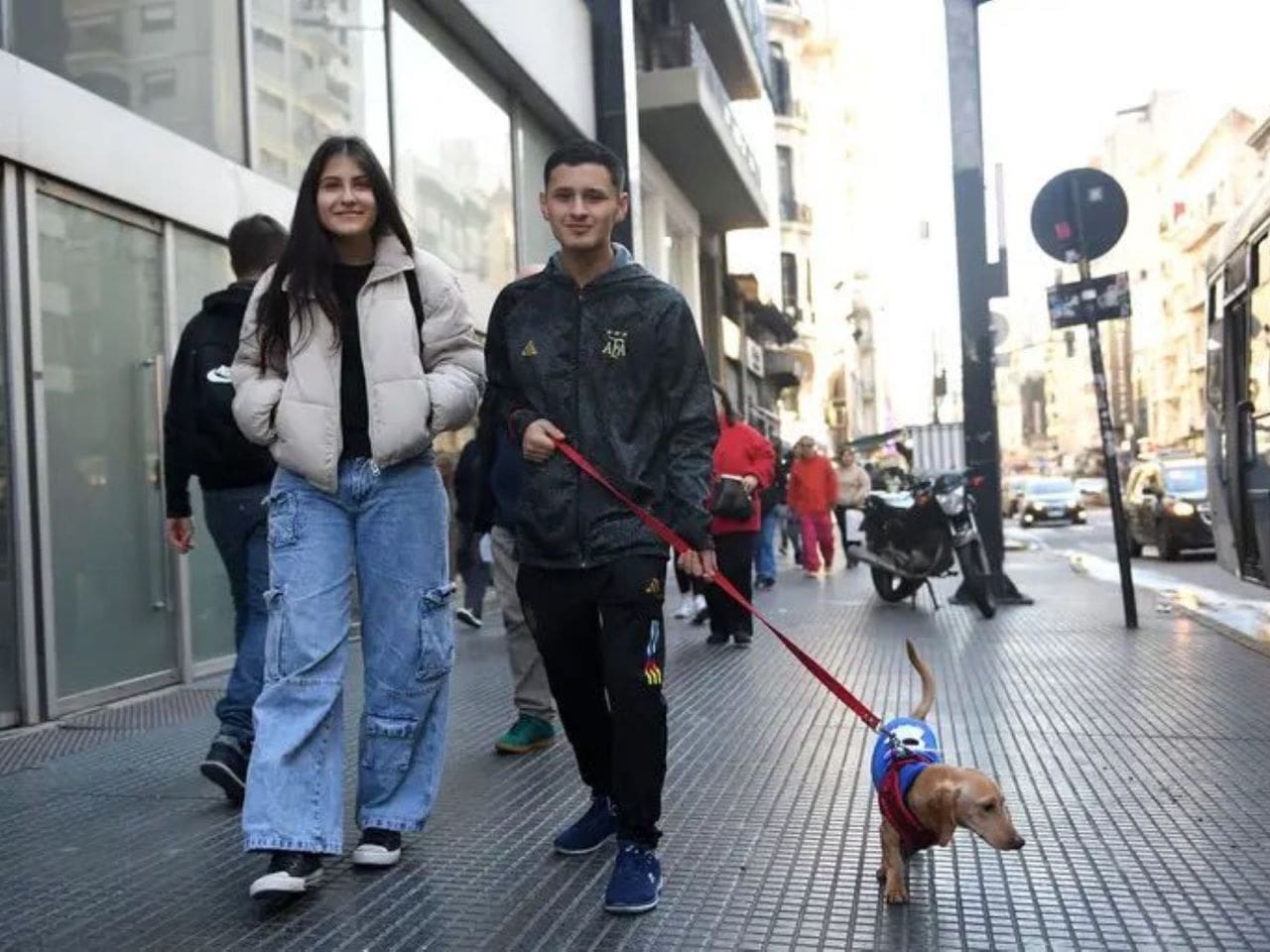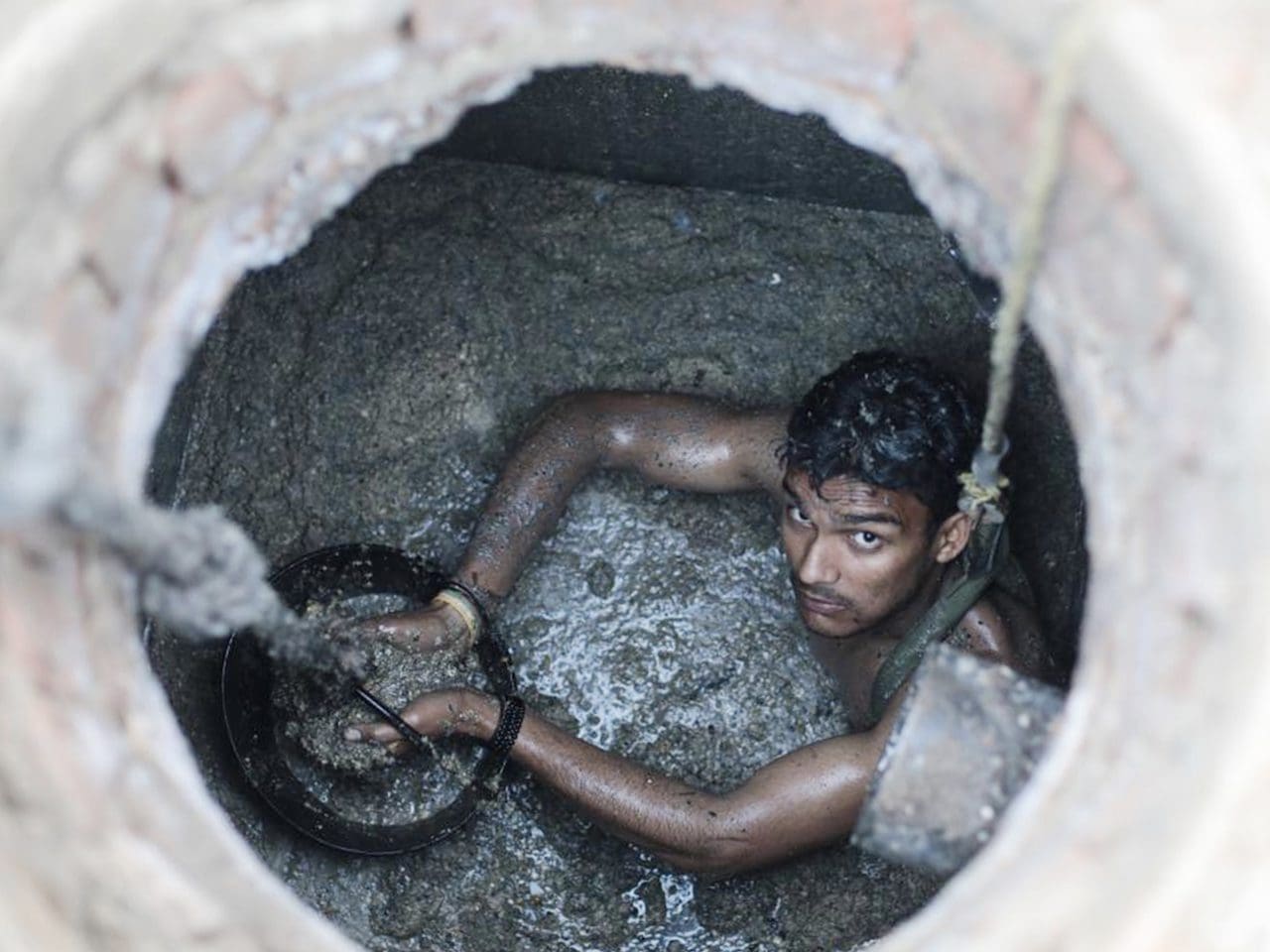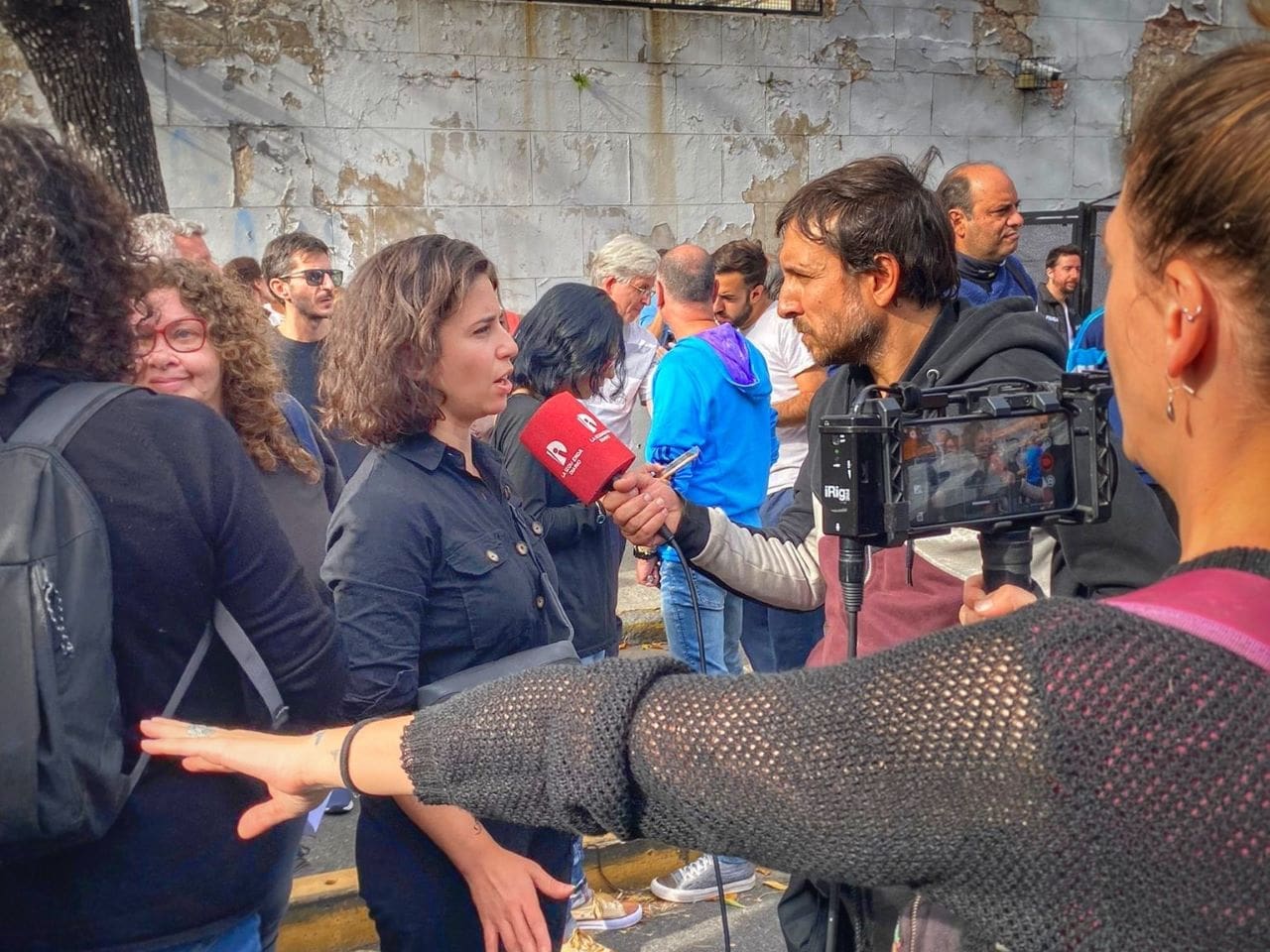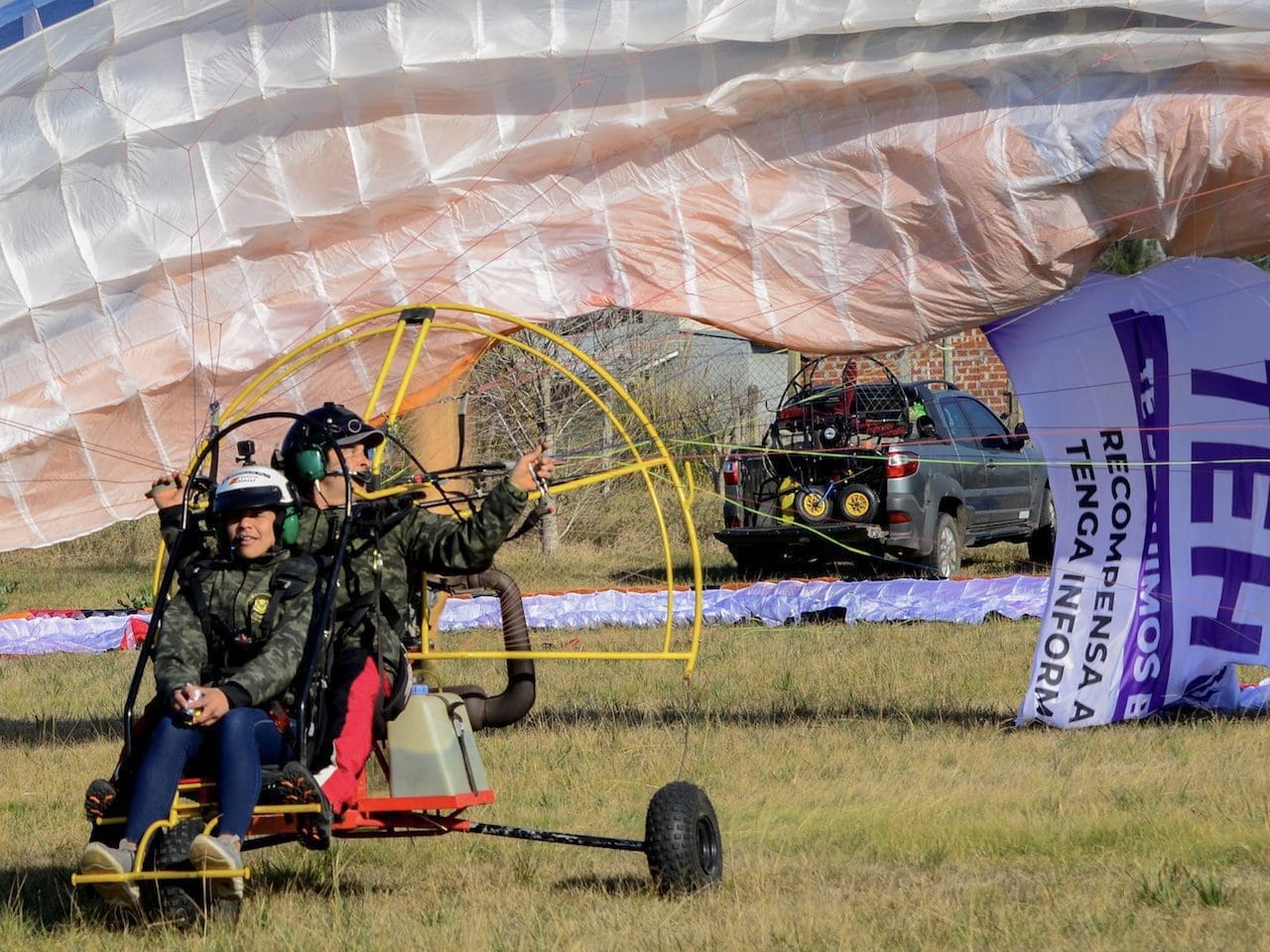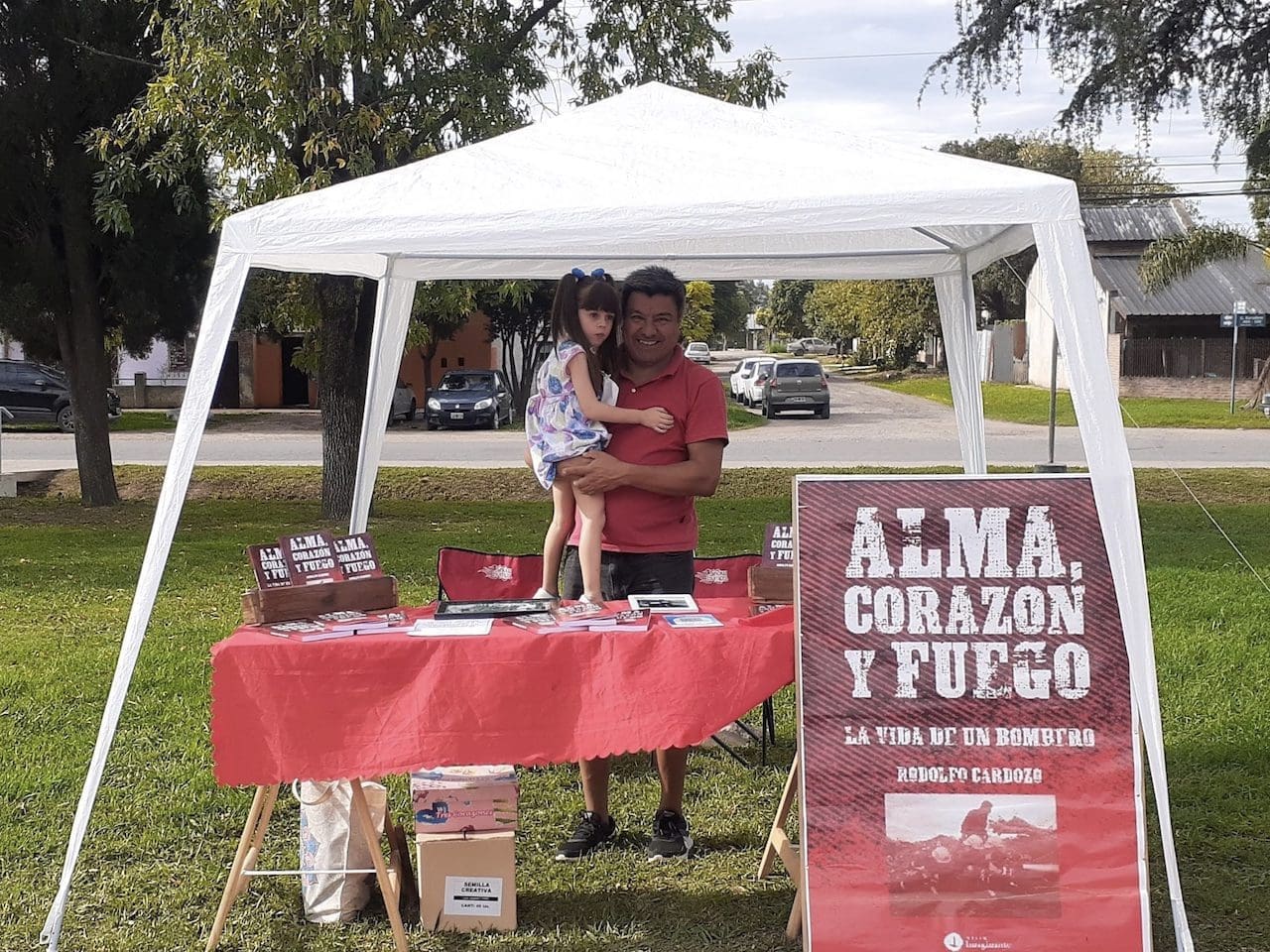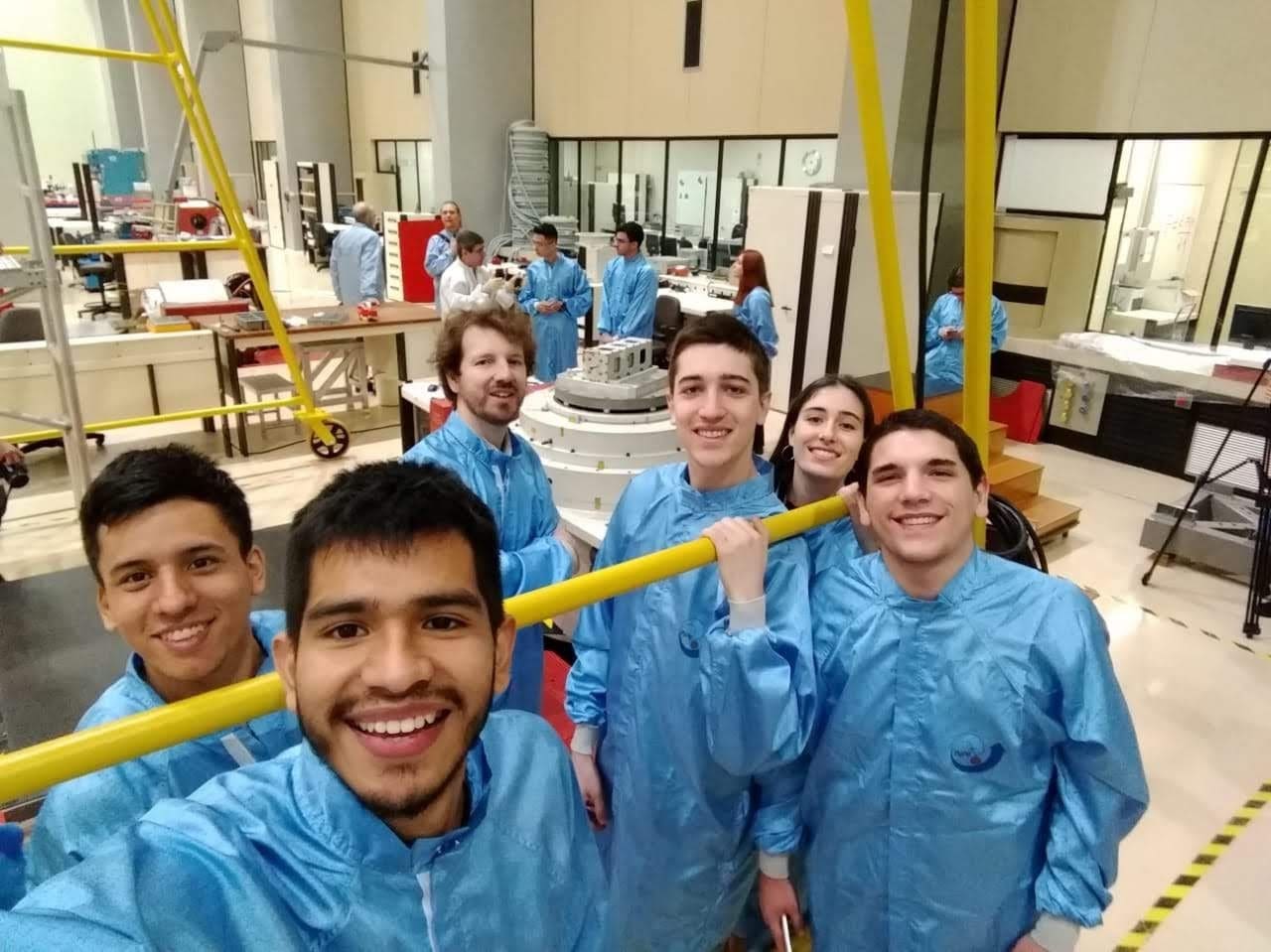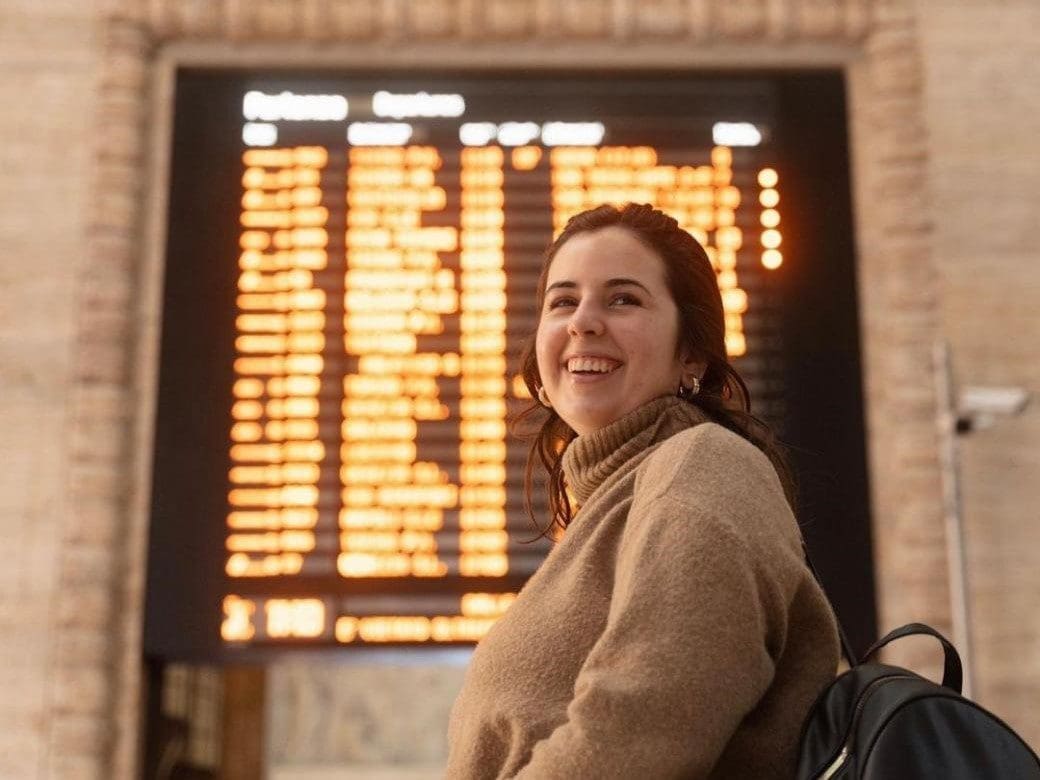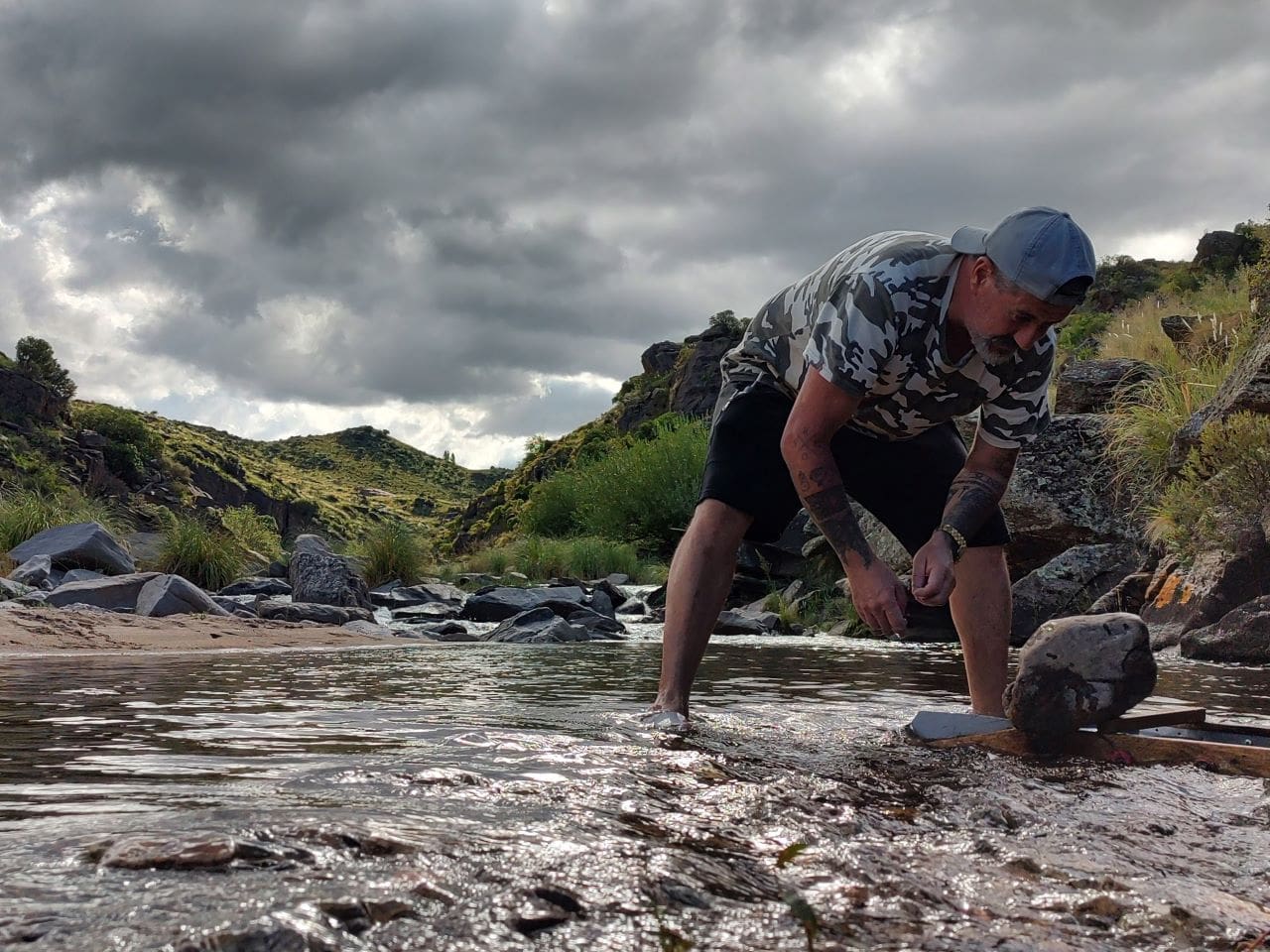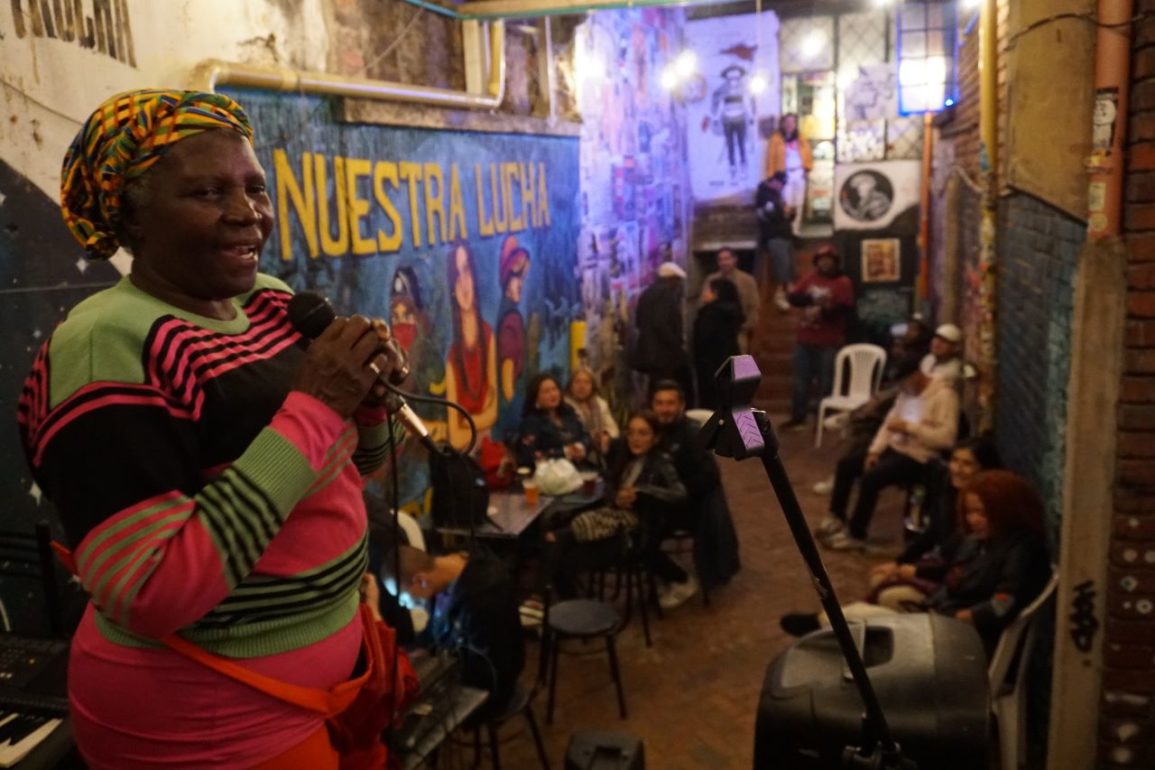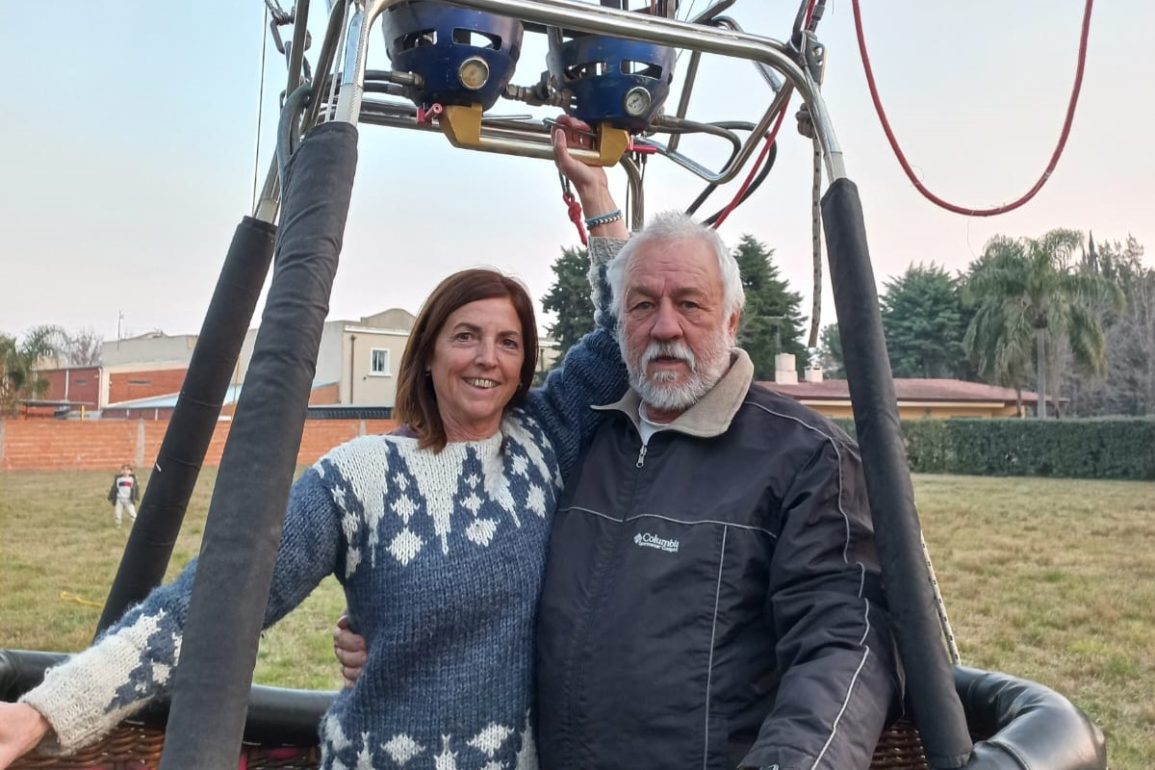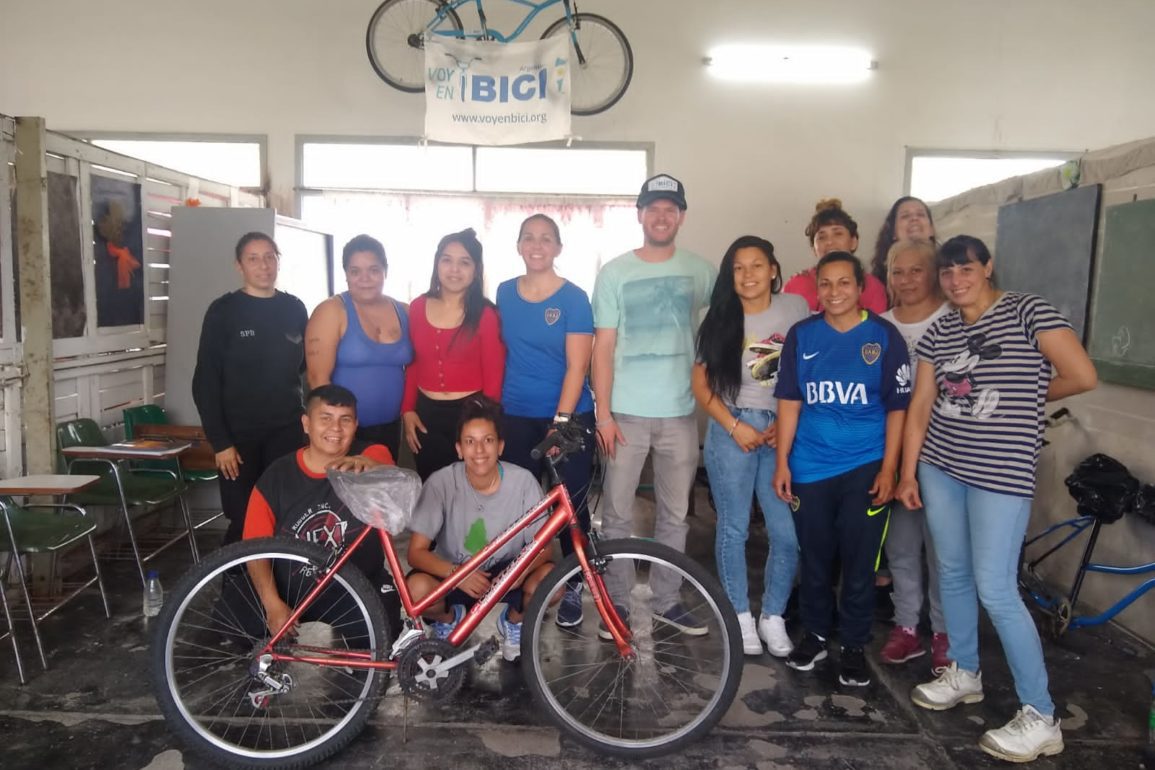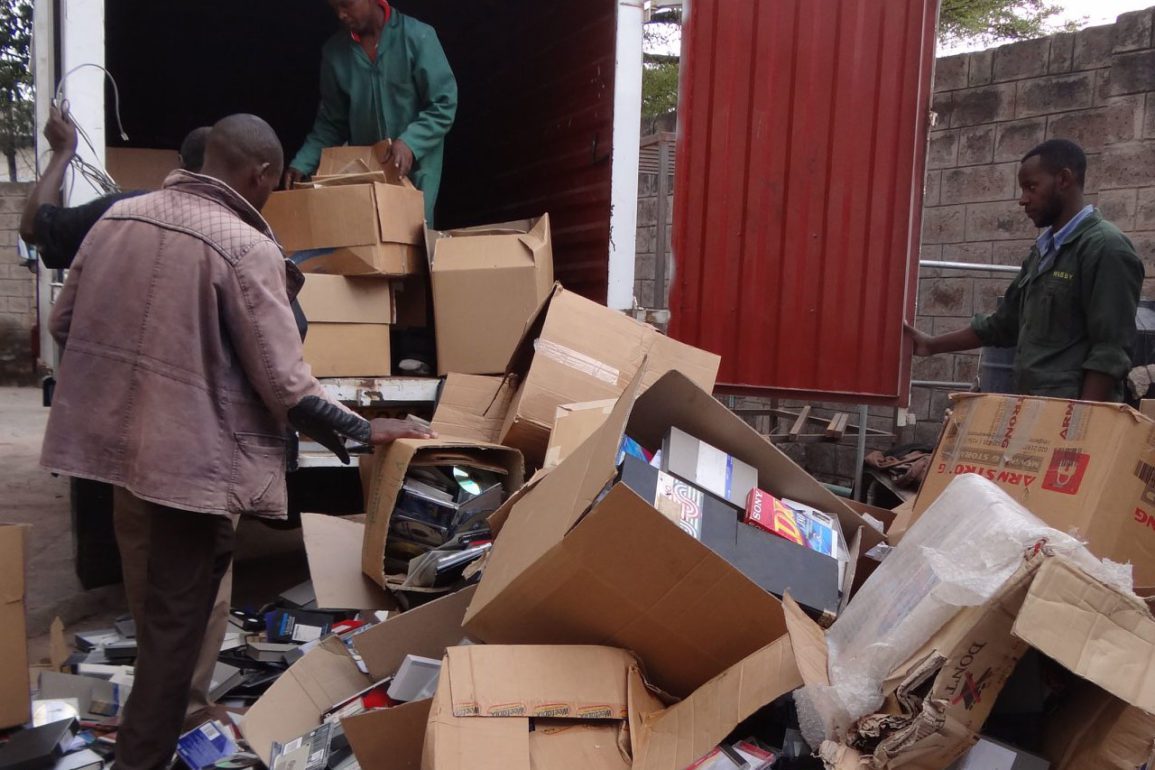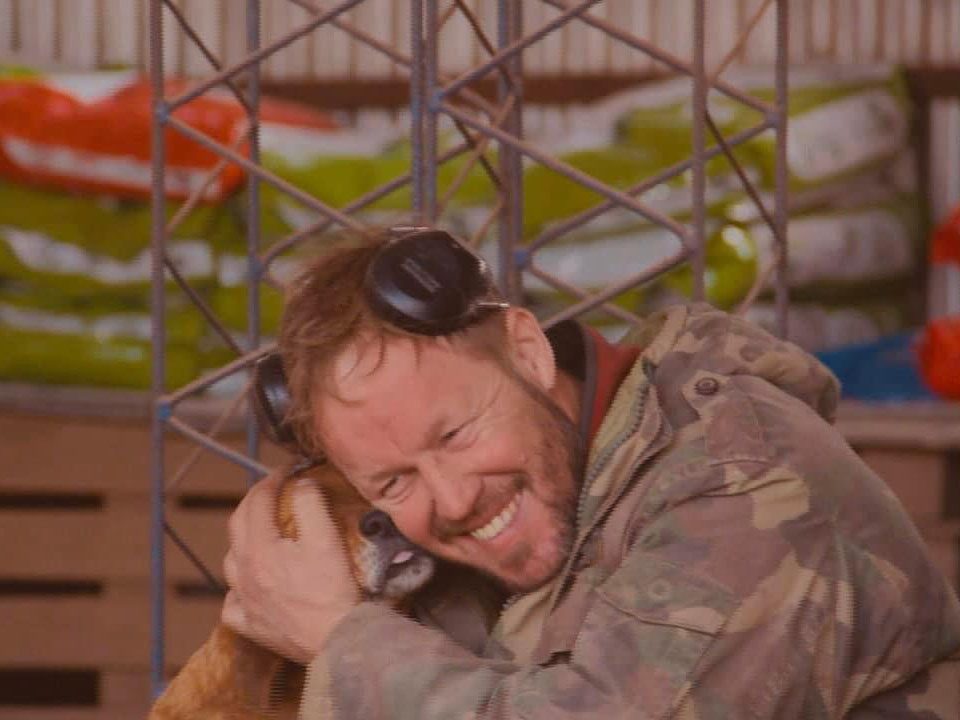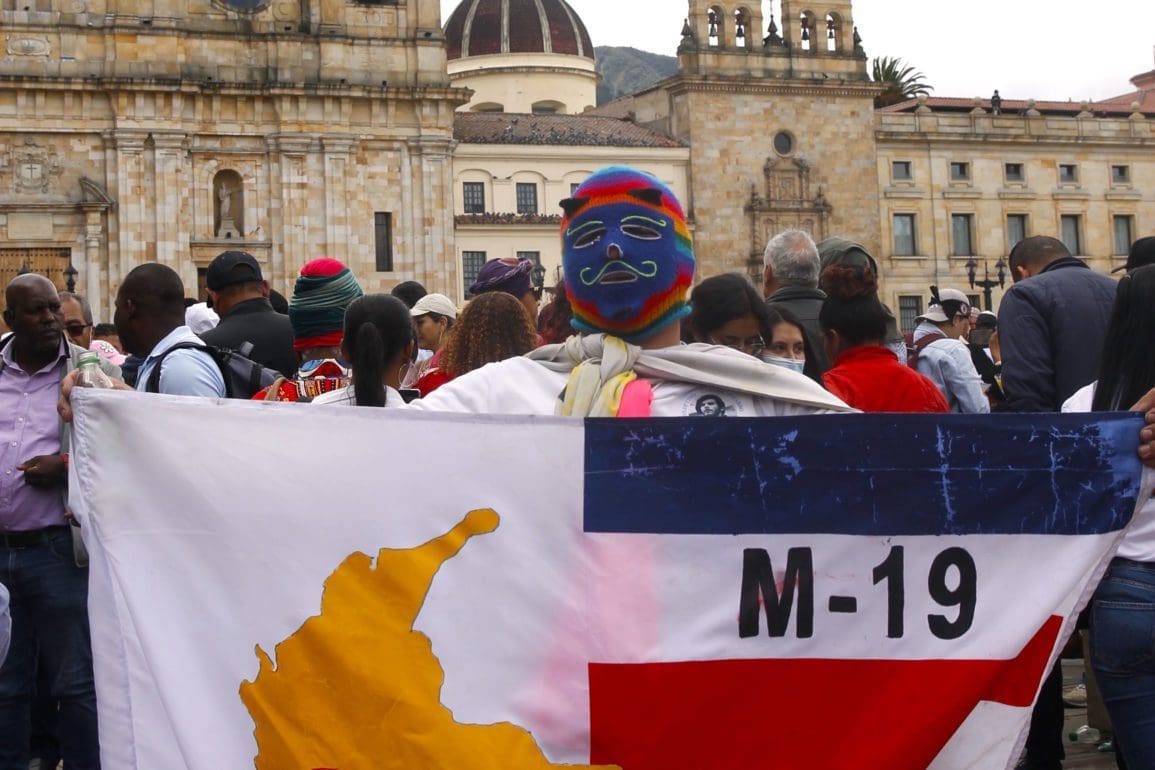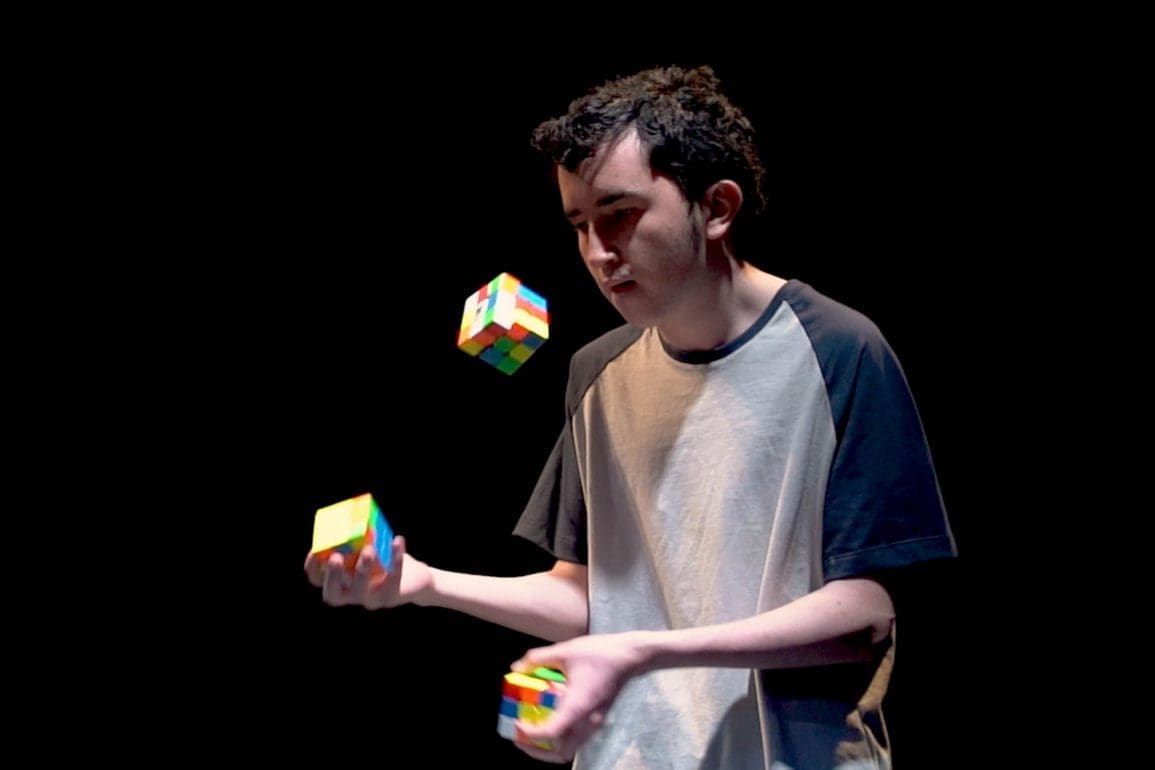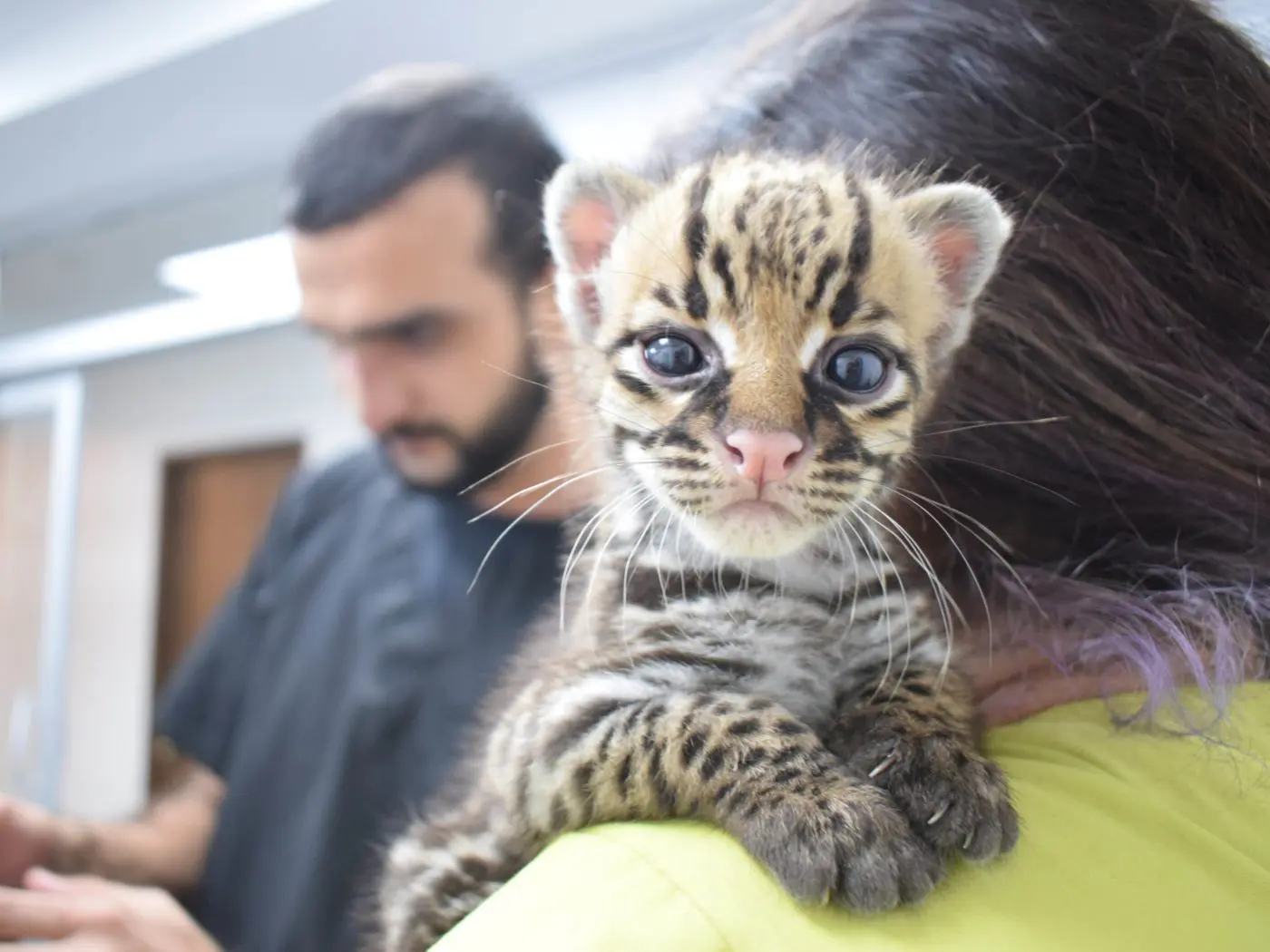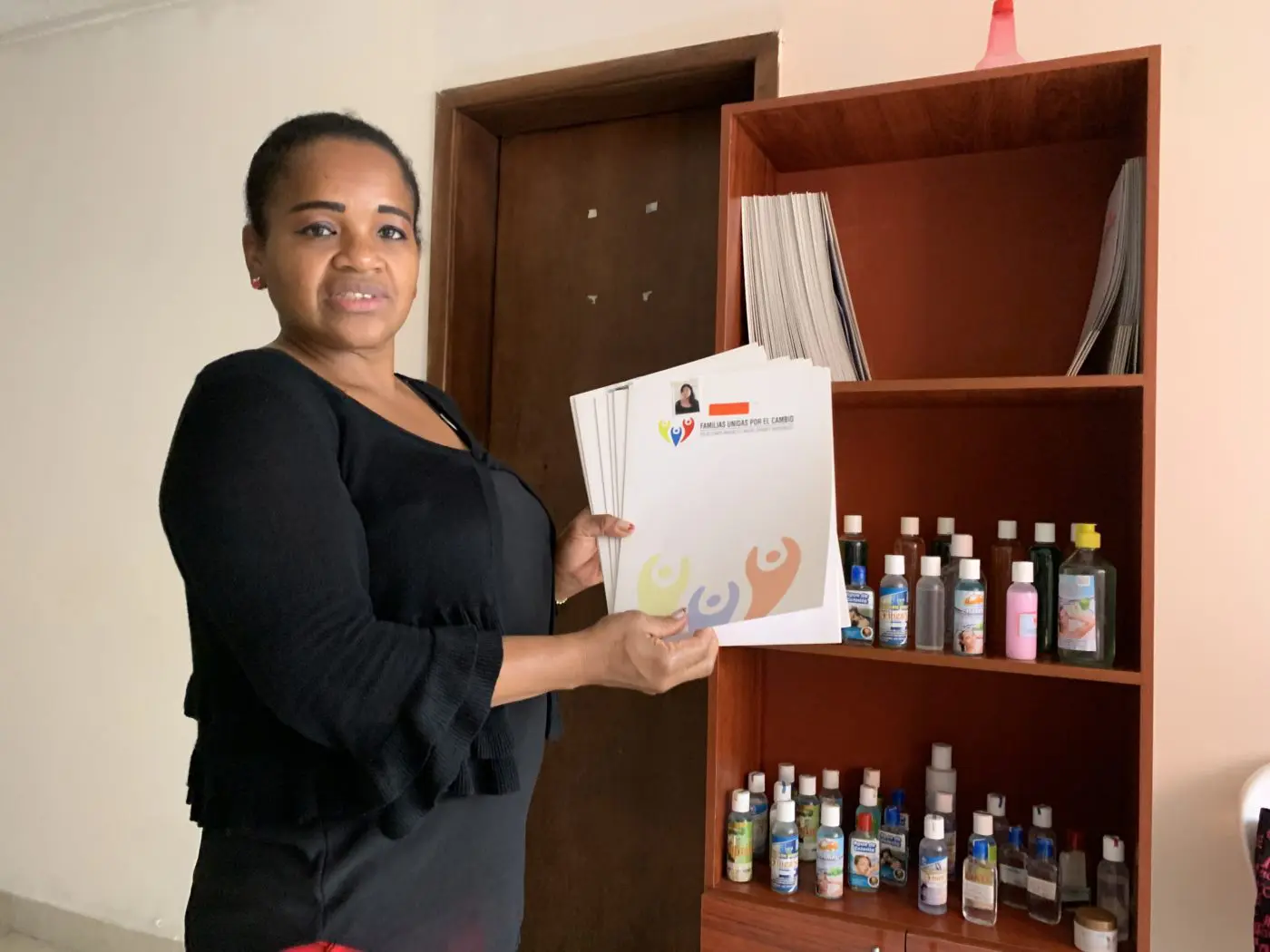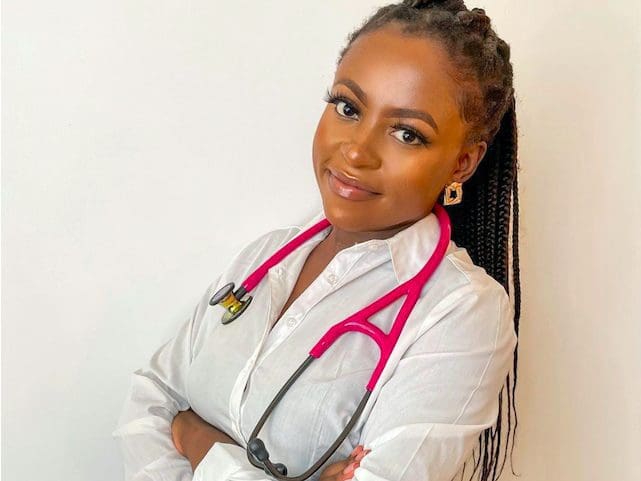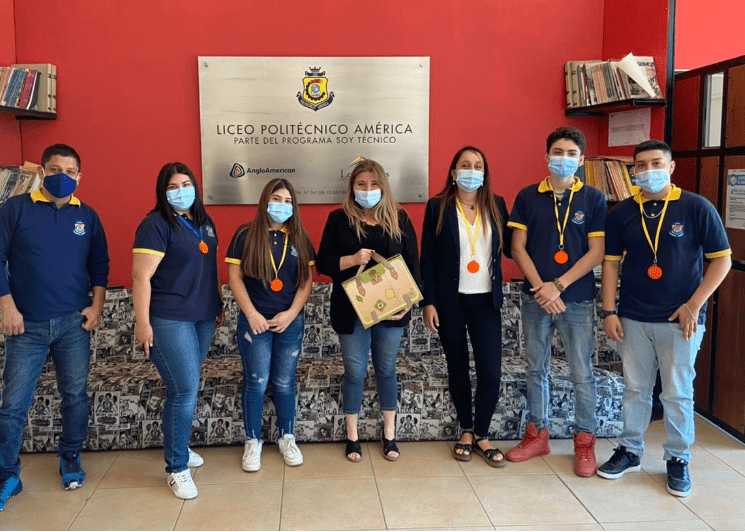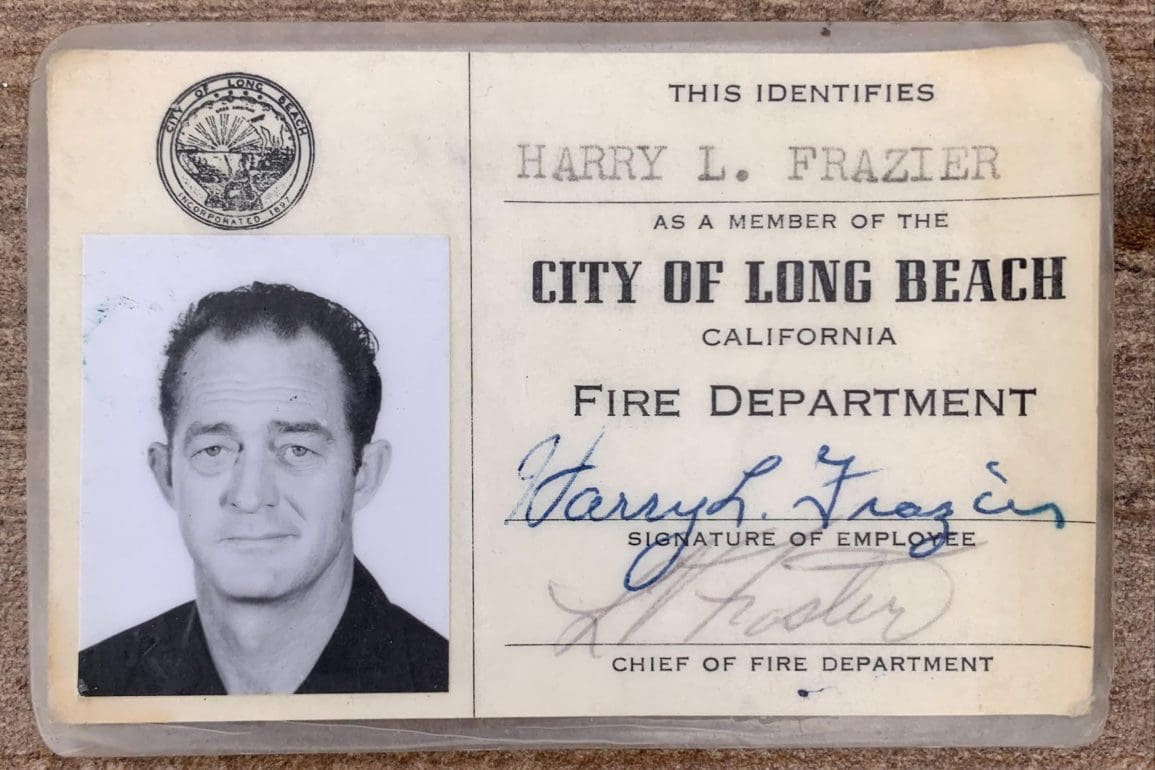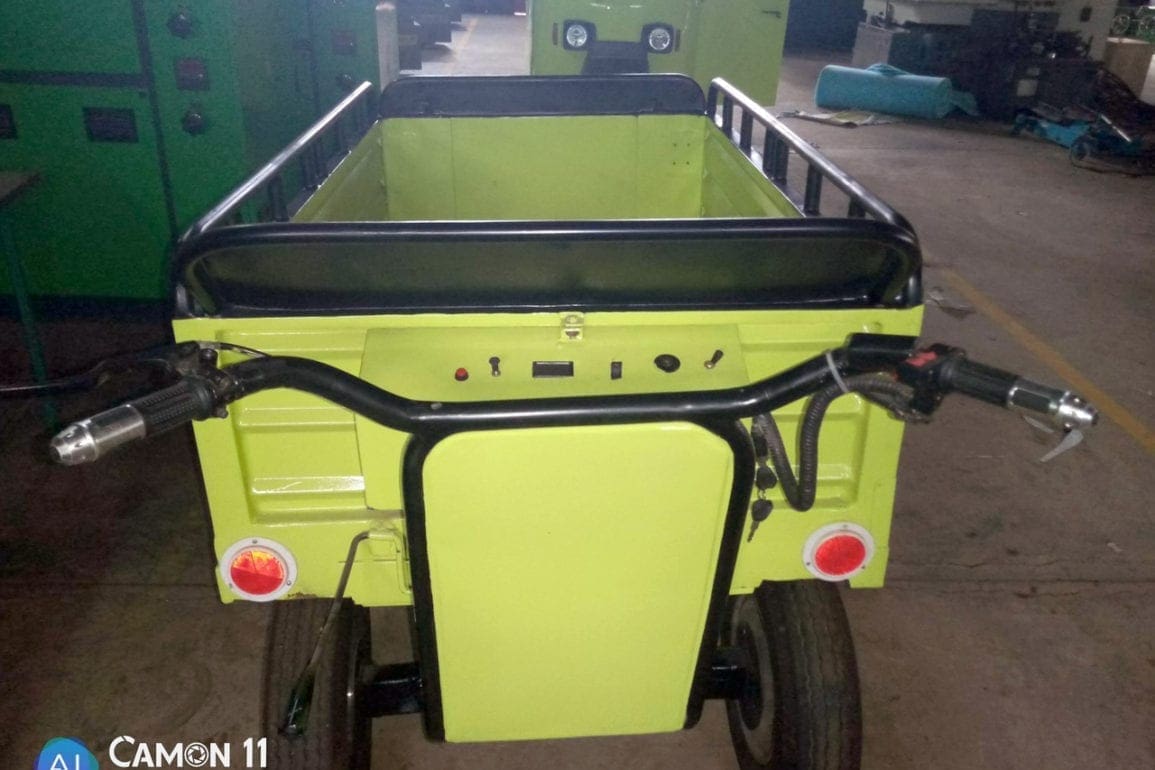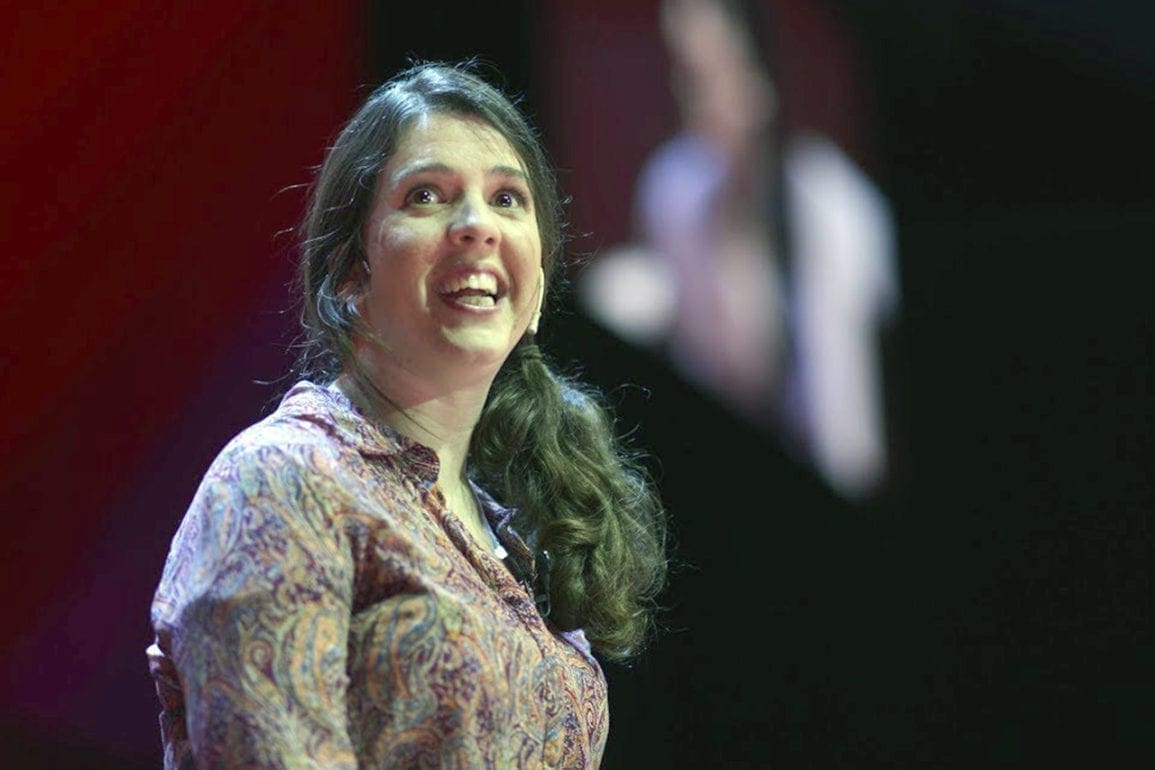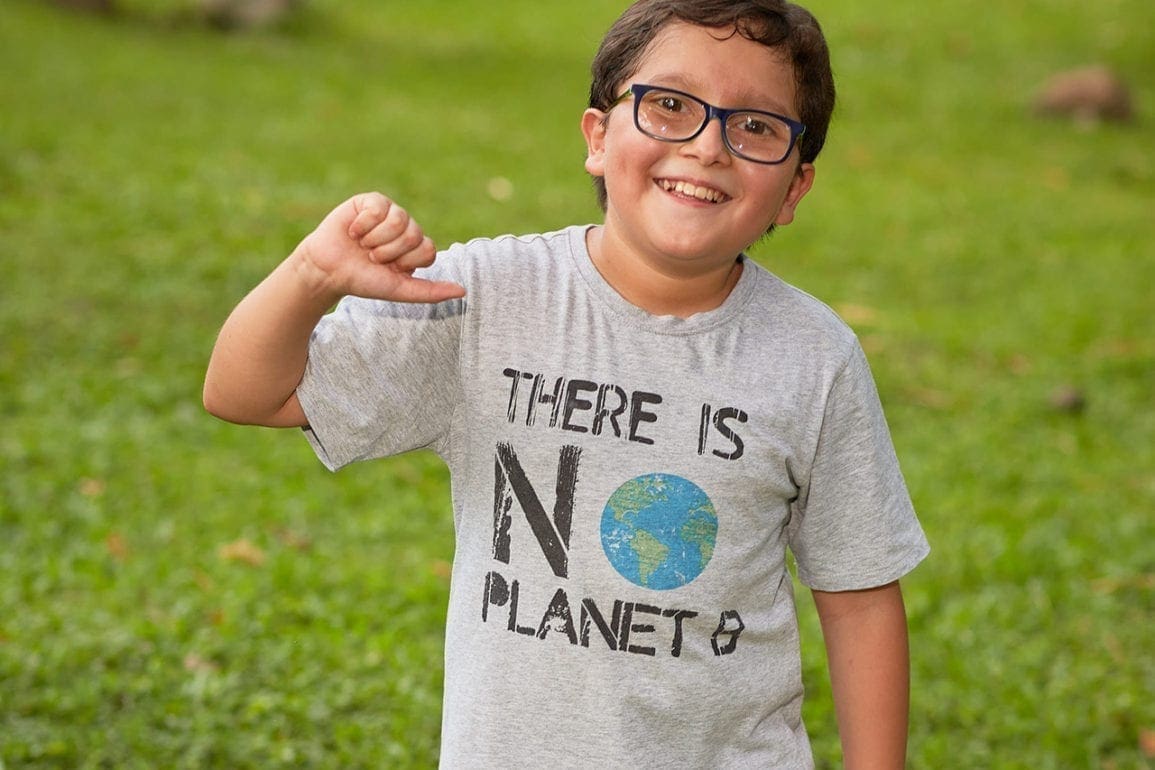Krug Café creates inclusive workspace for neurodivergent people
When the municipality approved the coffee shop venture, the owners reached out to the families of each prospective employee to make sure we still wanted to work there. I said yes without knowing what I was getting into. When I arrived at Krüg Café, I suddenly understood. Happiness and excitement filled me. This place offered me the chance to work, have my own money, and finally become an adult.
- 4 years ago
June 27, 2022
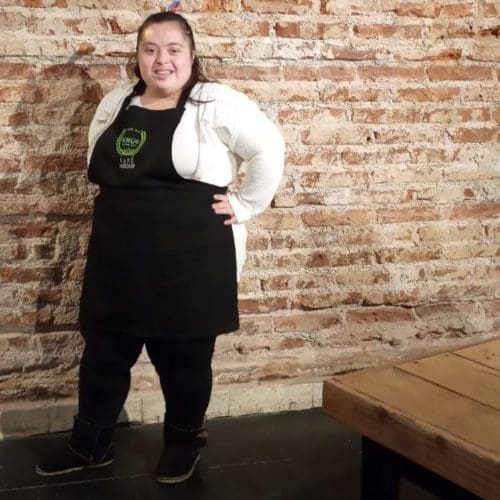
BUENOS AIRES, Argentina ꟷ My name is Miriam Batalla but people call me Titi. I have Down Syndrome. Today, I work as a dishwasher at Krüg Café in Balca, Buenos Aires with other neurodivergent people.
In our city, no one will hire people like us due to our disabilities. They see our disabilities as a sign of uselessness and assume we cannot exercise any activity that requires responsibility. We are considered children in society.
Krüg Café is a new space for neurodivergent people to work and integrate into society and adult life.
Krüg Café hires first 12 employees with Down Syndrome and intellectual disabilities
When I met my gymnastics professor Esteban Valero during a vacation, he saw in me great potential for development in the labor field. He envisioned creating a coffee shop to allow us to develop professionally; to take care of a business and become responsible for our performance.
On May 24, 2021, through a collaborative effort, the coffee shop became a reality. I started my first job. Having Down Syndrome, I had never been allowed to work. People assumed I would never have a job. You rarely see people with disabilities working in my city.
In fact, in Argentina people like me usually never get jobs, even when labor quota laws like Law 22.431 require it. The quotas go unfilled. We rarely know where to go, whether employers will treat us well, or if we have a fair opportunity to be hired. Employers often do not trust our capacity to work because of our disabilities.
When Krüg Café opened, choosing employees meant looking for those who finished high school and had the desire to thrive and develop professionally. The organizers hired twelve people in total. Each of us had different levels of educational development. Most of us have Down Syndrome or some form of intellectual disability. Over a year later, the same staff remains.
Young woman with Down Syndrome finds purpose and joy at Krüg Café
When the municipality approved the coffee shop venture, the owners reached out to the families of each prospective employee to communicate the great news. They made sure we still wanted to work there.
I said yes without knowing what I was getting into. When I arrived at Krüg Café, I suddenly understood. Happiness and excitement filled me when I experienced the model. I knew this place offered me the chance to work, have my own money, and finally become an adult.
All the neurodivergent employees trained in the office on site to determine where we would be most comfortable working. Esteban, our manager, asked if we wanted to change our role or felt comfortable doing what he assigned. He asked if we wanted to learn anything new.
The environment proved to be perfect! We never had problems with customers or our coworkers. This demonstrates people with disabilities can work well and develop. Having a job allows me to feel useful and grown up. I can buy things without having to depend on others’ money. I can go to a birthday party with a gift I purchased and buy my own clothing.
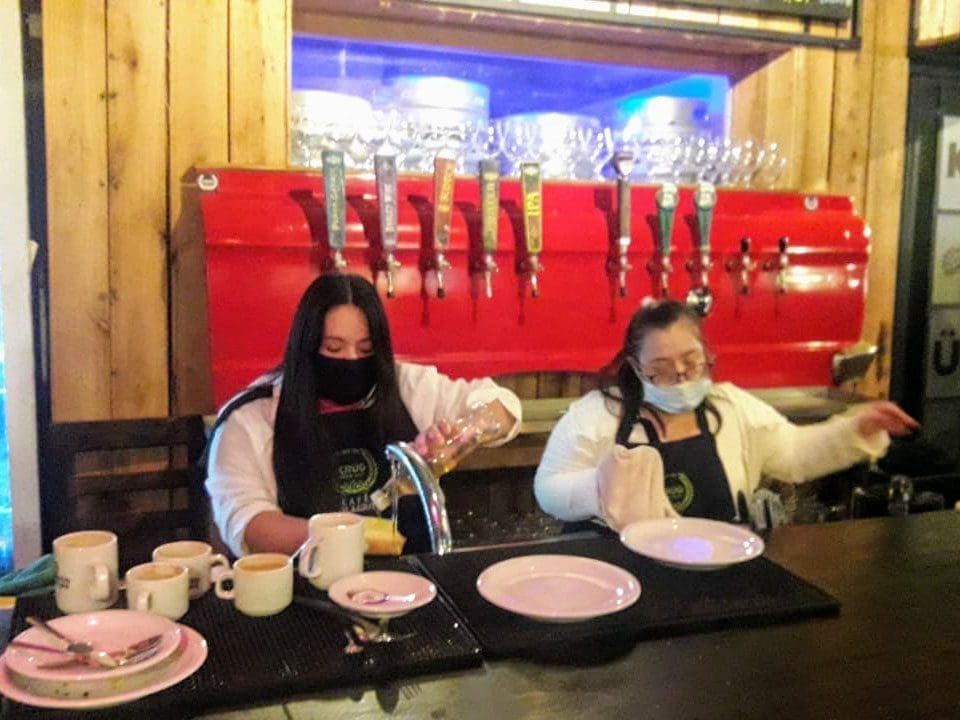
Krüg Café’s inclusive environment changes lives for employees and customers
The opportunity has provided me with freedom and autonomy; it has given me a place to insert myself into society from another angle. Although I had inclusion programs at school, before joining Krüg Café, I only attended summer camp or went dancing with a group of people who are not like me. Now, I have a lot of fun with my neurodivergent colleagues.
Krüg Café is more than just a gastronomic business [relating to the practice of cooking or eating good food]. They built it considering the diversity of bodies it would employ and serve. It contains a washroom for people with reduced mobility and a ramp at the entrance. It also contains enough space for the circulation of wheelchairs.
I feel happy to go to work, and do not like to miss a shift. I feel supported daily by my colleagues, managers, and my family. With gratitude for this opportunity, I want to keep working and learning more about the coffee trade.






